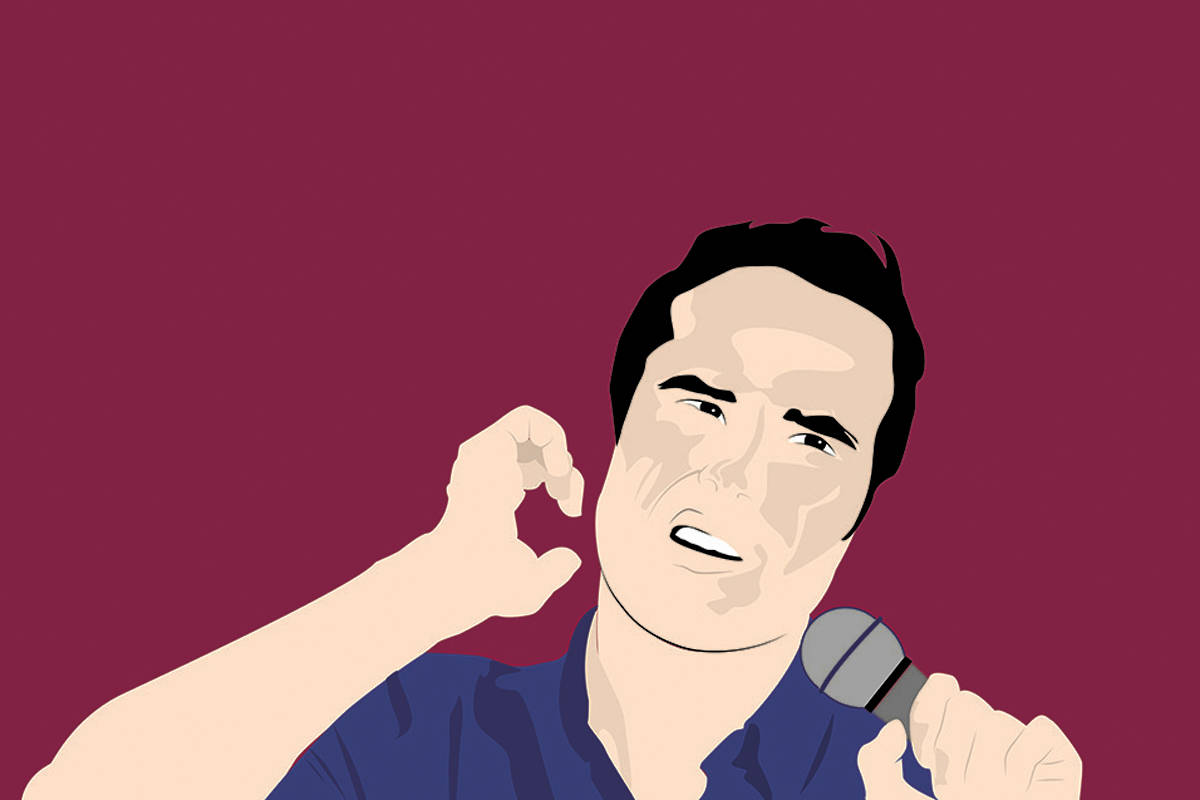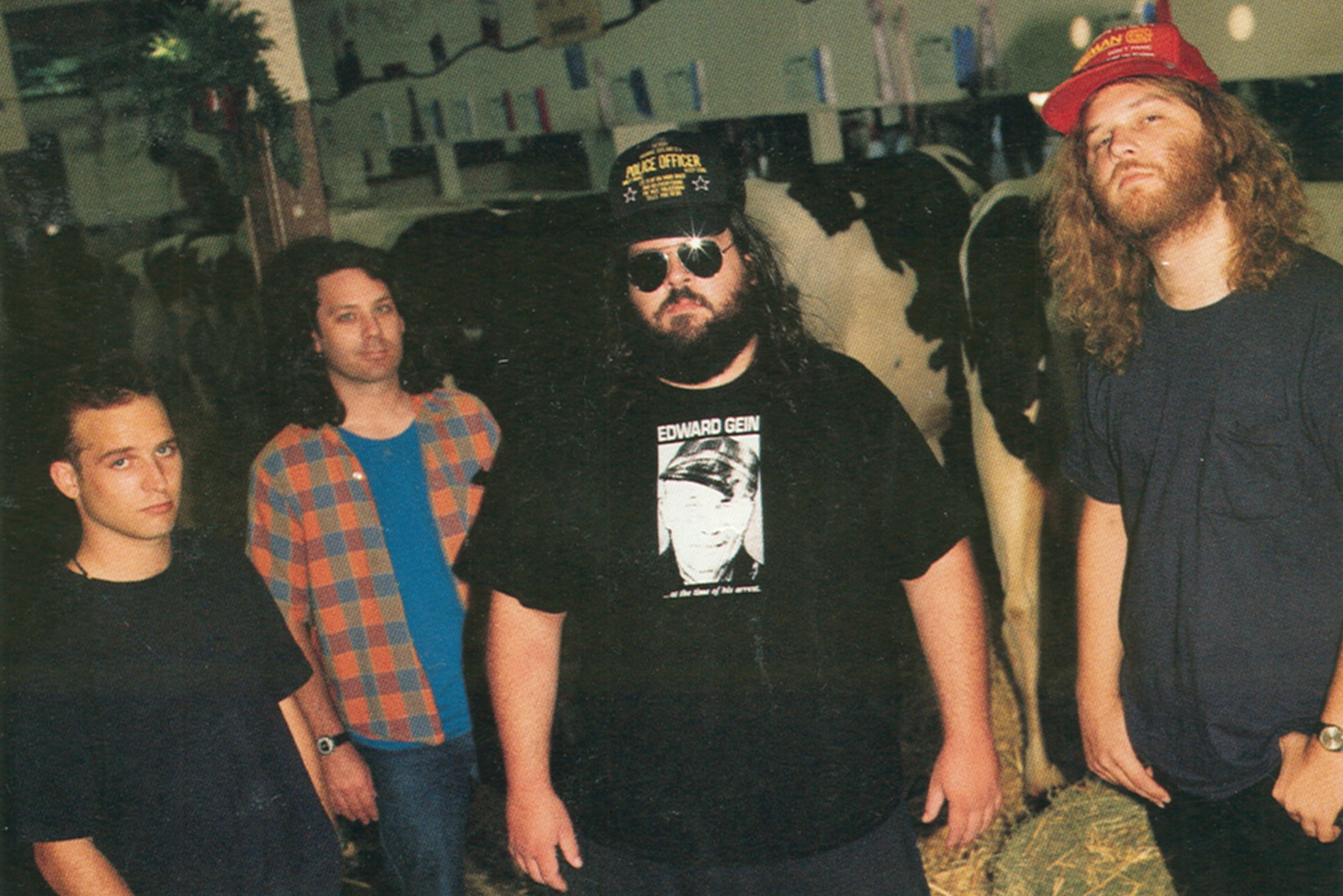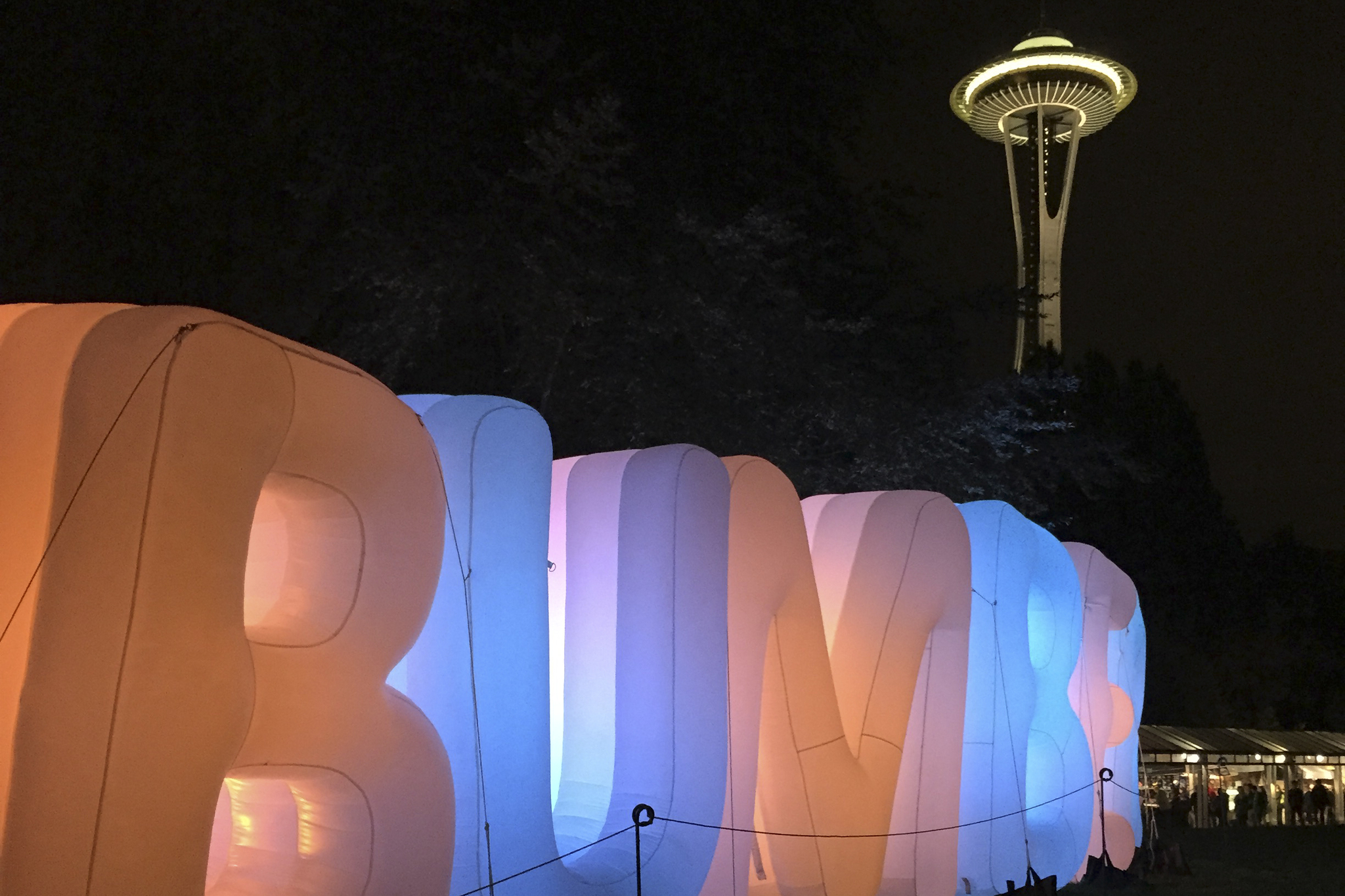Even before he flew to Seattle for Sound Fest, the inaugural three-day punk-rock festival that took place at five Seattle venues last month, friends back in L.A. warned Jello Biafra not to participate for fear the promoters would shortchange him. So Biafra—the former Dead Kennedys frontman who played the festival with his Guantanamo School of Medicine— took the extreme stance of demanding his pay up front.
“Chuck Berry was famous for never walking onstage until he had all the cash in his hand,” Biafra said. “And this was having to play the Chuck Berry card.” Not everyone was so lucky. Several weeks after Sound Fest, many of the festival’s headliners are still owed money.
To fans who attended, the event went off smoothly, but behind the scenes it was a different story, almost from the beginning. When word of Sound Fest made its way to Shawn Stern, founder of punk stalwarts Youth Brigade and the organizer of the annual Punk Rock Bowling Tournament in Las Vegas, he sent an e-mail to bands and agents warning them against playing. “After witnessing his disastrous attempts at promoting concerts around L.A.,” he said of promoter Lou Medrano, “my friends and I felt it was important to warn others against working with him.”
John Doe, who headlined Neumos at Sound Fest with Exene Cervenka, his bandmate in X, received only the 50 percent deposit their booking agent requested in advance. “The Avengers played the same club the night before us,” Doe said via e-mail. “Exene & I thought it was so sweet that [Avengers singer] Penelope Houston was in the audience for our show. Turns out that she was there to see us and to try to get paid.” Doe said it had been many years since he’d not been paid in full for a gig.
It’s a problem promoters Medrano and Benny Early, a pair with limited experience putting together a large-scale, multivenue festival, didn’t anticipate. They cite a lack of walk-up business and larger-than-expected flight costs among their excuses.
Unlike most punk festivals which start small and grow organically, Medrano and Early had no previous festival experience to draw on or financial figures to go by. The duo dreamed big, gambled big, and ultimately lost big. “We knew going into it that all festivals don’t make money in their first year,” Medrano said. “But we didn’t suspect that it would be this bad.”
Medrano remains bitter about the experience, saying he thought many of the bands played simply for the money, not for the betterment of the punk-rock scene or because they hadn’t played Seattle in years. “A lot of these bands expect things to just be handed to them,” he said. “I felt like the people who were part of this event were more against us than they were a part of it.” There’s no doubt Stern’s warning about Medrano put many bands on the defensive, but in hindsight his concerns were valid: Bands did have trouble getting paid.
Though Medrano says he has been in touch with each of the underpaid bands and agents in order to work out a payment plan, his abilities as a promoter remain in question. His follow-up show at the Highline this month, featuring pop-punk band the Copyrights, also had financial difficulties, resulting in the band’s having to return to Illinois without the entirety of their guaranteed payment. He did, however, deliver the rest of their money a few days later via PayPal.
“I am currently working three jobs and living in an empty apartment,” he said, “because I’ve sold everything that I own.” Medrano declined to reveal the amount that was still owed to bands for Sound Fest.
So does having good intentions make incompetence more forgivable? Biafra doesn’t think so.
“In this day and age, when everybody’s living month-to-month in a crappy economy and it’s really hard to get a band out the door and on the road at all, not paying the bands can really hurt people,” he said. “If they don’t pay our brothers and our sisters, then we’re not going to be doing this again. And nobody else should either.”







